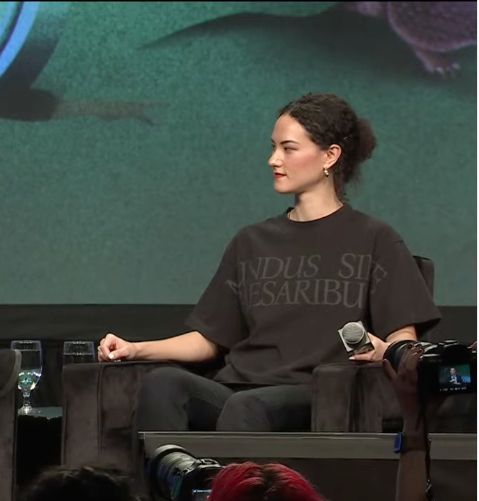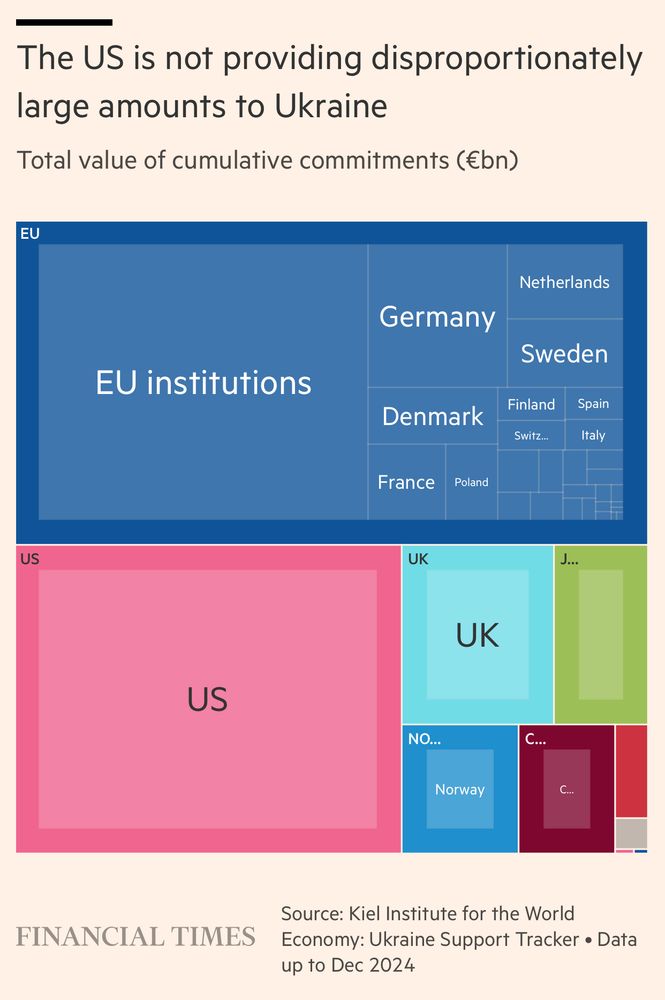Some fascinating details in this Times of London profile of British podcaster Steven Bartlett:
His staff have built a tool, Guest Radar, to determine who to invite on. What they are looking for is someone who “over-performs” — meaning that when they have appeared on other podcasts, the listener numbers have been higher than usual. This strategy is not without problems: it favours controversial characters and last year Bartlett was accused by BBC News of amplifying health misinformation after he failed sufficiently to challenge some guests — including one who claimed that cancer can be treated by following a keto diet.
Another tool, FlightCast, combines listener numbers from Spotify and Apple with viewing figures from YouTube, then uses AI to analyse any issues. “You can ask, ‘Why are my episodes performing badly in January?’” Bartlett explains. “And it will say, ‘Because your audience wants finance or health content’ or ‘because a certain part of the world is on holiday.’ It’s like having a data scientist on your team.”
Two groups of listeners might see different trailers to determine which is more likely to keep people tuned in. The company also uses a pre-watch tool on YouTube that sends the episode before release to 1,000 viewers who are monitored while they watch. “They sign a consent form and it uses their camera to see whether they look away from the screen,” Bartlett says. “If I ask a shit question and we lose 5 per cent of people, we’ll edit that out.” He can spend four hours on an interview, which is then whittled down to about two. All episodes are translated by AI into Hindi, Spanish and Arabic.
Their final tool is Show Radar, which Bartlett’s team are using to find new podcasts to bring under the Flight Studio umbrella. They’re looking for those that are successful at converting listeners to subscribers but are not yet topping the charts.


